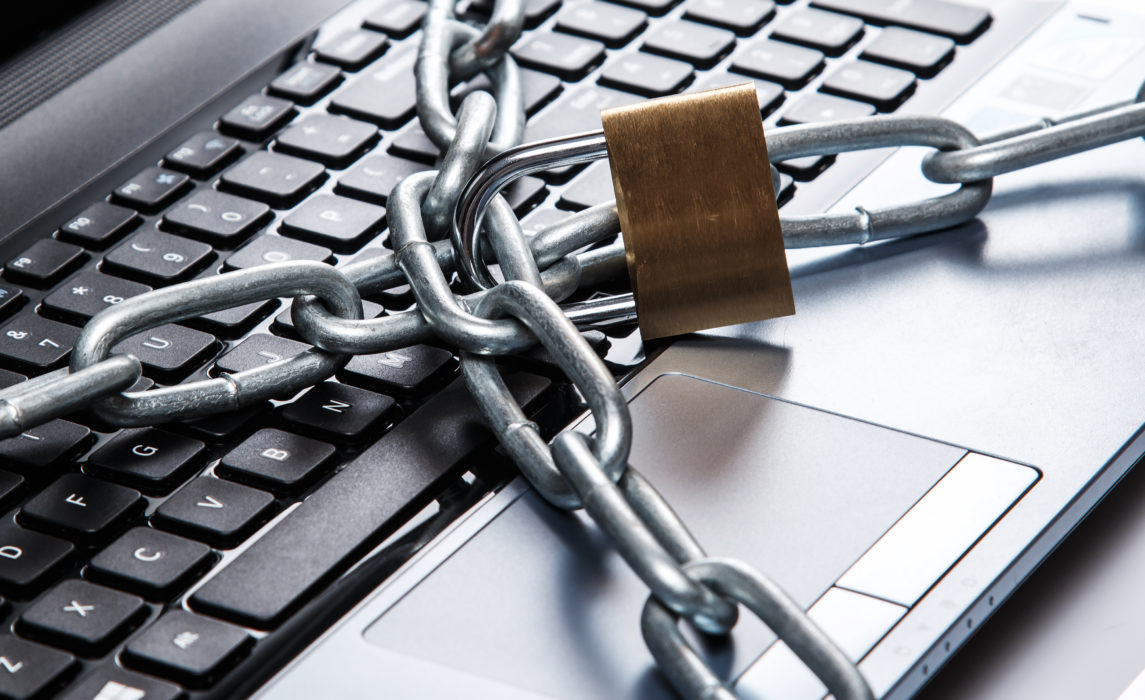

Online security is a serious concern for everyone now more than ever. We’re always looking for ways to maintain our privacy and share as little as possible about our details online. However, it’s easier said than done.
While technological advancements and evolution have blessed us with convenience in every form possible, maintaining and protecting our data, our identity, and our devices online has become harder than ever. It has come to the point that it is driving most of us paranoid – which is a completely normal reaction, considering the last thing you want is to see an empty bank balance or being logged out of your social media accounts one day because someone caught ahold of your personal credentials.
Not a lot has to be done for hackers to break through your home network, exploit your smart home devices or use your Google search history to find valuable data. Exploiting privacy in today’s digital age is easier than ever. Attacks on our privacy and security online are difficult to overcome. But if we take preventive measures and learn how to defend and protect our devices, activities, and identity online, then we’re already one step ahead of the malicious hackers and attackers waiting to get their hands dirty.
You’re reading this article for a reason – to find ways to improve online security and boost online privacy, so let’s get right to it! You’re going to learn about some tried and tested tips to help boost your online privacy and keep your data safe and secure.
The whole idea of implementing two-factor authentication is to verify the user signing in to the account is allowed to have access to the account in the first place. It uses different factors to confirm the identity of the user twice. For instance, if you’re logging into your Google account from a device you haven’t logged in from before, Google will send a PIN code to your phone number or a verified email address to confirm it’s you who’s logging in. Facebook follows the same mechanism.
Likewise, withdrawing cash from an ATM is based on the same idea. After you insert your card, you will be asked for a 4 digit pin code for verification and then you’ll be allowed to continue the procedure to withdraw cash.
The easiest way for hackers to break into your home network or hack your social accounts is by getting hands-on your credentials from a single source and trying different username and password combinations to try their luck in other places. For this reason, we’re told to set strong and unique passwords for all our accounts. Apart from being lone enough, the password should include numbers, special characters, symbols, and uppercase and lowercase letters. You must also make sure your password is not identifiable – shouldn’t use your name, address, birth date, family name, etc.
If creating a unique and strong password for every account you have becomes frustrating and hard for you, employ a password manager to help you. It’s not possible to remember every difficult password, but with a password manager, you only have to remember the master password needed to lock the password manager. Once unlocked, the password manager automatically logs you into all your social accounts online. It’s safer, productive, and efficient.
Every time you’re connecting your devices to a public Wi-Fi network, use a VPN. You don’t know anything about how secure a public connection is in a public space. Anyone at any time can find the data and information you’re sharing online from your devices and use it to exploit you. A VPN hides your IP, routes your data through a different server, and encrypted your internet details avoiding any possible snooping. On a side note, make sure you’re not accessing any sensitive or private information like bank details, or insurance policies on a public network – wait until you’re on a private network to do so.
Your phone can act as a tracker if you’re not careful. Hackers and attackers can easily track your location and whereabouts if your location tracking is switched on in your phone settings. Along with switching off GPS tracking and live location in your phone settings, make sure the apps you’ve downloaded aren’t using your location to gather data. Turn off location tracking on every app by going into your settings.
Your online security also depends on the internet service provider of your choice. Do they value your security? Do they offer a secure connection? Spectrum is a trusted internet service provider that offers many free reliable hotspots across the country. The Spectrum Gold Package offers secure and reliable internet connections and incredible TV entertainment at affordable prices. Learn about available plans in your area by reaching out at the Spectrum phone number.
These 3 tips will help you maintain and protect your online identity, security, and privacy online and keep your data safe from any malicious hackers and attackers!
24World Media does not take any responsibility of the information you see on this page. The content this page contains is from independent third-party content provider. If you have any concerns regarding the content, please free to write us here: contact@24worldmedia.com

Large part of Lynn Woods remains closed

Swampscott water tests lead-free – Itemlive

Mother needs help providing the Christmas experience

A cheerful fundraiser for Saugus team

Carl Daniel Reiter – The Suffolk Times

Joan Ann (Woessner) Polywoda – The Suffolk Times

Thomas L. Lewick – The Suffolk Times

Jeanette Howard – The Suffolk Times

Nina Mazzaferro – The Suffolk Times

Lynn mayor announces re-election bid

BARRETT: They ate plenty – Itemlive

Brooke Moloney, the Minutewoman – Itemlive